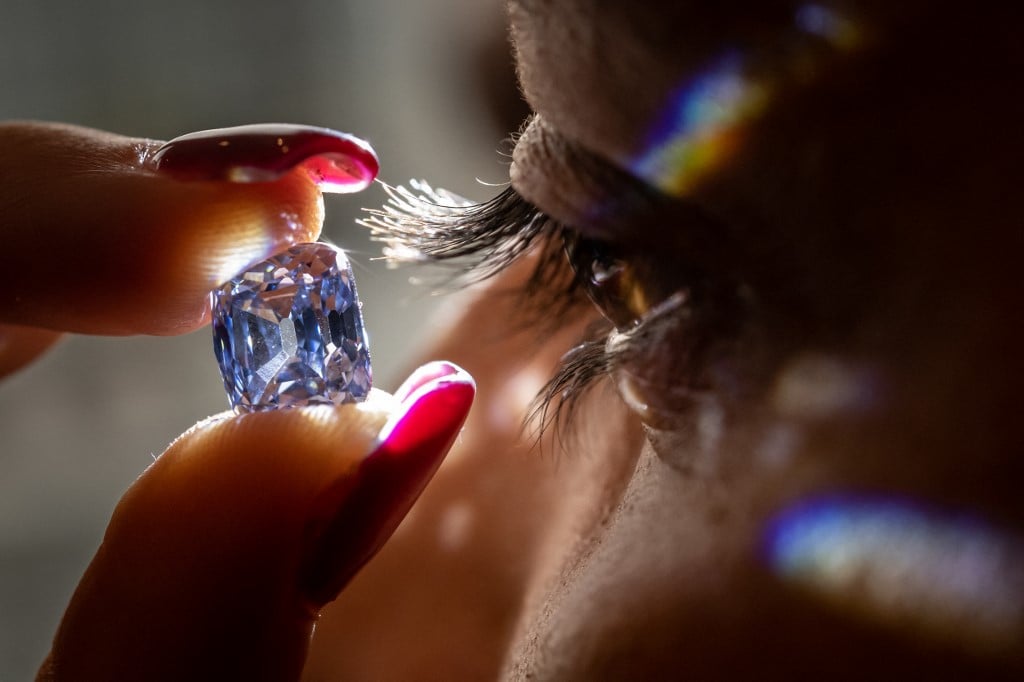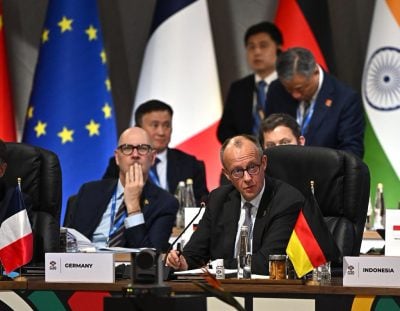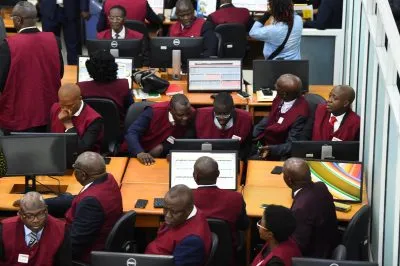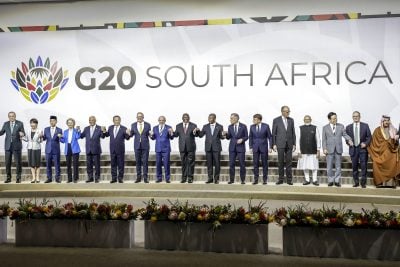The world’s largest diamond company, De Beers, has struck a last-minute deal with the government of Botswana to hand over a larger share of diamonds produced in the country, further loosening the company’s grip on the global gem market.
The agreement, which concluded just as the deadline for a deal expired, holds huge implications for Botswana’s diamond-dependent economy and the global diamond supply chain. President Mokgweetsi Masisi of Botswana has persistently criticised the longstanding agreement, demanding greater benefits for his country, including a larger allocation of the locally produced gems.
Under the new terms, Botswana’s state-owned diamond trader will now receive 30% of the output from Debswana, the joint venture between De Beers and Botswana that is responsible for approximately two-thirds of the company’s annual production. Moreover, the government disclosed that there is a tentative agreement to potentially increase its share of the stones to as much as 50% in the future.
While De Beers breathed a sigh of relief over the signing of a new decade-long agreement, its concession weakens its market dominance as a larger portion of diamonds will now be sold through a third party.
For years, De Beers and its Russian competitor, Alrosa, have controlled the global diamond supply, occasionally withholding supplies when demand or prices falter.
“The transformational new agreement between Botswana and De Beers reflects the aspirations of the people of Botswana, propels both Botswana and De Beers forward, and underpins the future of their Debswana joint venture through long-term investment,” a joint statement released by the two parties said.
Prior to the deal Botswana’s Okavango Diamond Company received 25% of Debswana’s production. The agreement also includes the renewal of a 25-year mining licenses for Debswana.
Negotiations between De Beers, a unit of Anglo American, and Botswana’s government had been ongoing since 2018. The previous agreement expired in 2020 but had been extended multiple times, initially due to the pandemic.
The prolonged negotiations stemmed from disagreements regarding the volume of diamonds Botswana should receive. Tensions also arose concerning the involvement of Belgian gem trader HB Antwerp, which had developed a close relationship with the government.
Earlier this year, Botswana acquired a 24% stake in HB Antwerp, though the financial details of the transaction were undisclosed. As part of the deal, Botswana secured a supply from the Okavango Diamond Company.
While the formal sales and mining agreements are finalised, an interim agreement will maintain the terms of the most recent expired sales agreement.
Want to continue reading? Subscribe today.
You've read all your free articles for this month! Subscribe now to enjoy full access to our content.
Digital Monthly
£8.00 / month
Receive full unlimited access to our articles, opinions, podcasts and more.
Digital Yearly
£70.00 / year
Our best value offer - save £26 and gain access to all of our digital content for an entire year!
 Sign in with Google
Sign in with Google 



